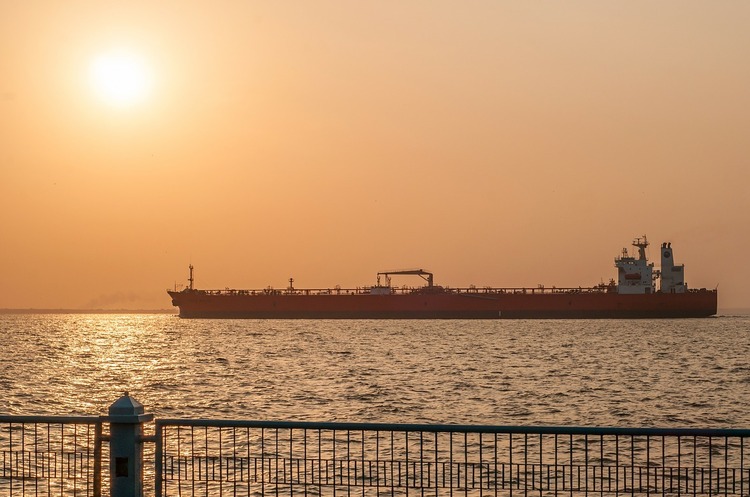Russia's shadowy fleet for oil sales to circumvent sanctions has already reached 600 tankers - CNN
It is often impossible to track their movements

Russia continues to build up its shadow fleet of tankers to transport oil around sanctions, purchasing 25 to 35 large tankers every month. The country's shadow fleet already reaches 600 tankers, which is 10% of the world's total of such vessels.
Source. CNN
Tankers in this fleet are divided into two categories: "gray" and "dark" ships, says Matthew Wright, senior analyst at Kpler.
The "gray" ships were mostly sold by European owners to firms in the Middle East and Asia, while the "dark" corbals belong to Iranian and Venezuelan companies that have become involved in the transportation of Russian oil, he explains.
"There is often evidence that they disguise their activities by disabling the automatic identification system transponder," Wright says of the dark ships. That makes it almost impossible to track their movements.
According to Kpler, European-owned vessels accounted for 36% of the volume of trade in Russian oil in January. This is because the sanctions do not prohibit foreign vessels from delivering fuel from Russia to customers.
After the EU oil embargo and price ceiling on maritime oil supplies were imposed in December 2022, Russia reoriented its oil exports to China and India. However, according to EA Gibson, Russia now needs four times more capacity to transport raw materials, as Asian countries are much further away than neighboring Europe.
"There has been a significant increase in the inefficiency of the tanker market," Wright says. The fact that Russia uses 10% of the world's tanker fleet to transport oil depletes overall capacity and increases costs for all oil traders.
Moreover, the likelihood of a major spill or accident is increasing, says Richard Matthews, head of research at EA Gibson.
The EU has begun to fight Russia's shadow fleet and a week ago imposed sanctions on Sun Ship Management, a subsidiary of Sovcomflot. According to the EU, the Dubai-based firm "acted as one of the key companies managing and operating the maritime transportation of Russian oil," and the ultimate beneficiary of its business operations was the Russian Federation.
If you have read this article to the end, we hope that means it was useful for you.
We work to ensure that our journalistic and analytical work is of high quality, and we strive to perform it as competently as possible. This also requires financial independence. Support us for only UAH 196 per month.
Become a Mind subscriber for just USD 5 per month and support the development of independent business journalism!
You can unsubscribe at any time in your LIQPAY account or by sending us an email: [email protected]



